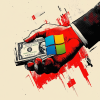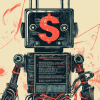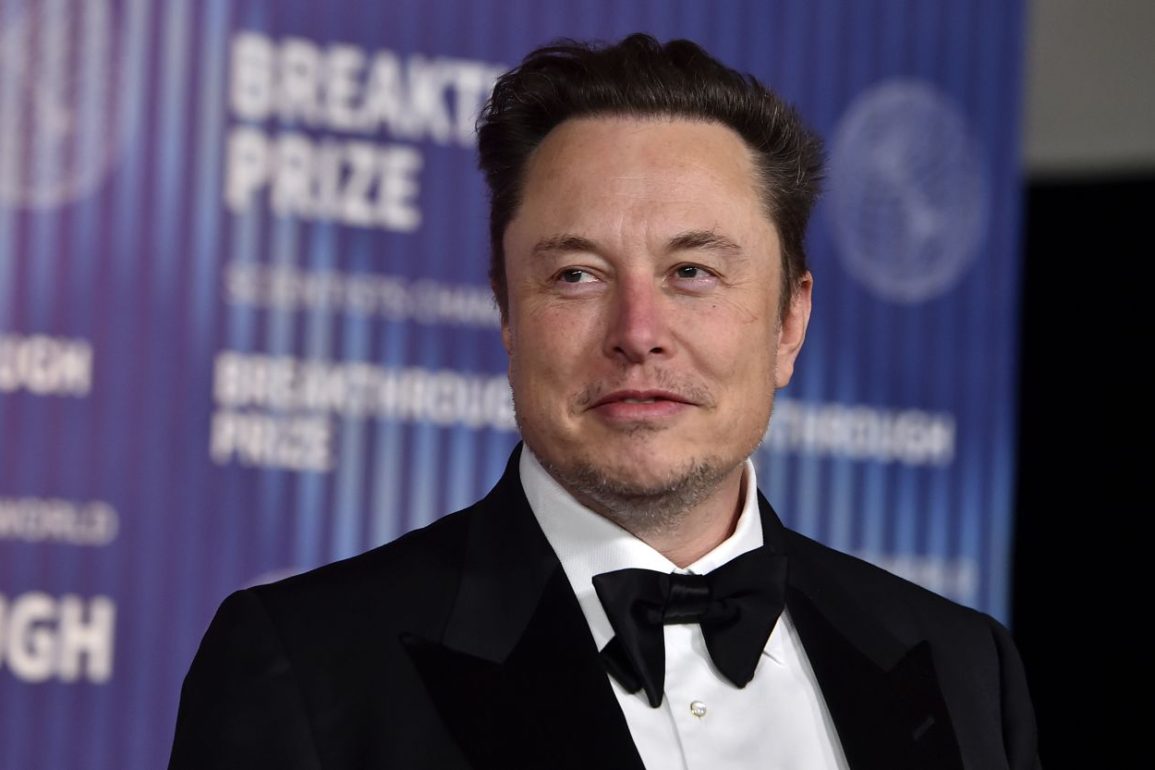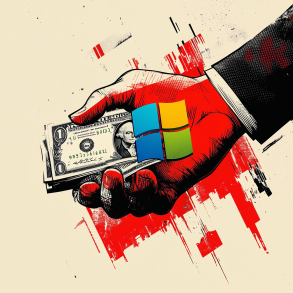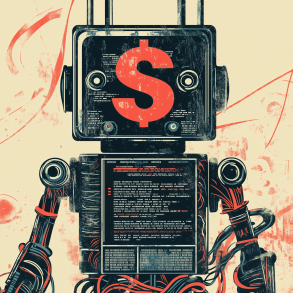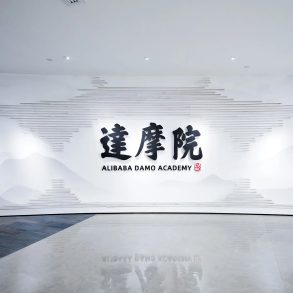Dell Technologies and Super Micro Computer will supply server racks for the supercomputer that Elon Musk’s artificial intelligence startup, xAI, is developing, according to Musk’s announcement on the social media platform X on Wednesday.
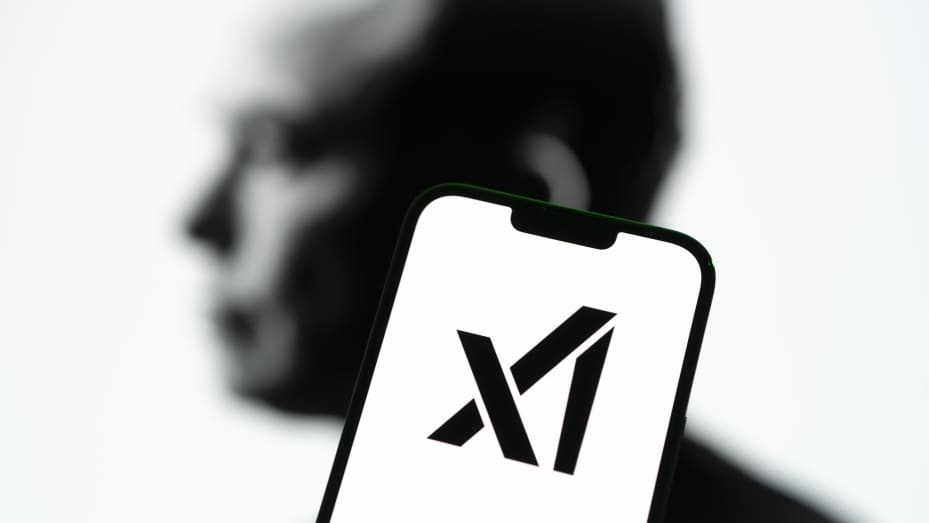
Musk specified on X that Dell will be responsible for assembling half of the racks for xAI’s supercomputer. When asked about the second partner, Musk replied, “SMC,” referring to Super Micro. San Francisco-based Super Micro, known for its close ties with chip firms like Nvidia and its liquid-cooling technology, confirmed the partnership with xAI to Reuters.
Dell CEO Michael Dell also revealed in a separate post on X that the company is building an “AI factory” with AI giant Nvidia to power the next version of xAI’s chatbot, Grok. Musk has informed investors that xAI plans to construct a supercomputer to support the next iteration of its AI chatbot Grok, as reported by The Information in May.
Training AI models like xAI’s Grok requires tens of thousands of power-hungry chips, which are currently in short supply. Earlier this year, Musk noted that training the Grok 2 model required about 20,000 Nvidia H100 graphic processing units (GPUs), and future models, such as Grok 3, will need 100,000 Nvidia H100 chips.
Musk aims to have the proposed supercomputer operational by the fall of 2025, according to The Information. He founded xAI last year as a competitor to Microsoft-backed OpenAI and Alphabet’s Google. Musk also co-founded OpenAI.
Shares of Dell and Super Micro Computer surged on Thursday following the announcement from Musk
Investors are eager to invest in AI-related businesses, ranging from major consumer-facing brands offering AI-powered applications to manufacturers producing the chips and servers that support the necessary computing infrastructure. Dell’s stock increased by up to 5% on Thursday morning, while Super Micro’s shares rose nearly 9%.
Dell’s CEO Michael Dell contributed to the rise in the company’s stock price with a post on X (formerly Twitter) on Wednesday: “We’re building a Dell AI factory with Nvidia to power Grok for xAI.” Musk, who owns X, later clarified that Dell would be assembling half the racks for the supercomputer, and when asked who would handle the remaining half, Musk replied, “SMC.”
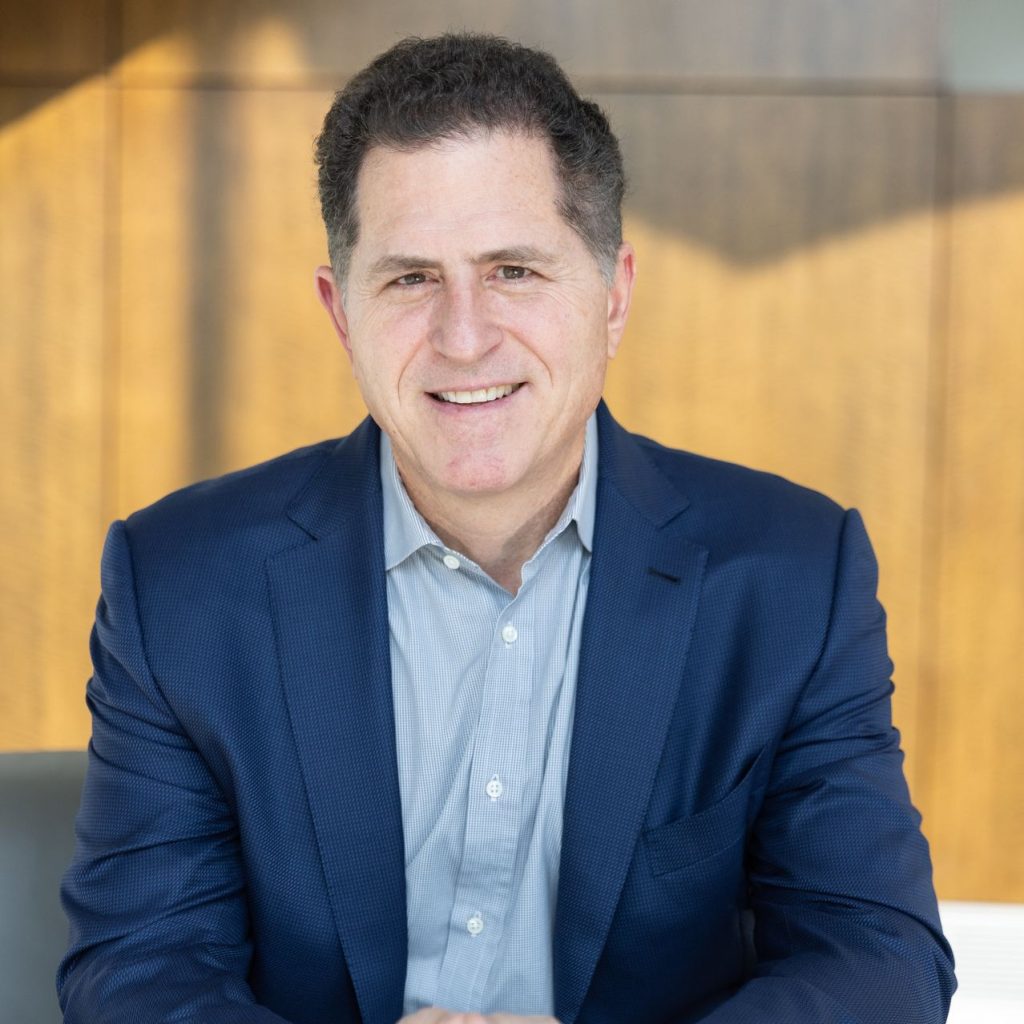
The AI-related announcements occurred over the Juneteenth holiday when markets were closed, but investors responded enthusiastically in the next trading session.
Both Dell and Super Micro are positioning themselves to benefit from the significant growth in AI technologies. Super Micro recently announced plans to expand its facilities in Silicon Valley to support its AI business. Meanwhile, Dell reported last month that revenue from its AI servers more than doubled from the previous quarter.
Musk is also aiming to establish his startup as a leader in AI, competing with tech giants like Microsoft and Alphabet, the parent company of Google, which have already made significant advancements. Musk’s AI venture raised $6 billion in Series B funding last month, reaching a valuation of $24 billion, as investors place their bets on both dominant tech platforms and emerging challengers in the rapidly evolving AI landscape.
Other major companies are also entering the AI arena. Apple, after initially keeping its AI strategy under wraps, revealed its strategic vision earlier this month. At the annual Worldwide Developers Conference, Apple introduced the Apple Intelligence platform, signifying a significant shift for the company as it prepares to launch a range of new AI-enhanced features across its operating systems and products.
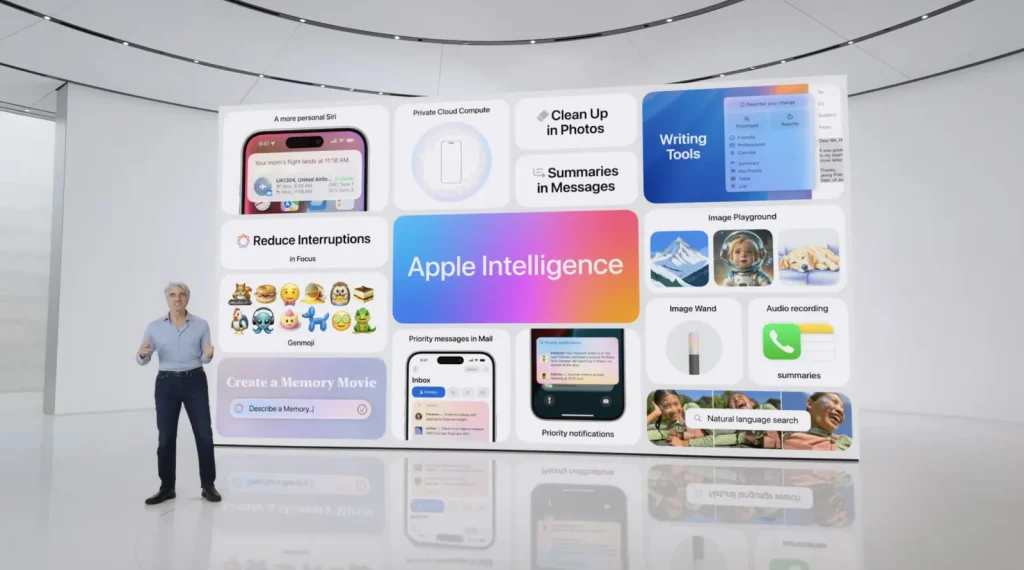
While tech giants have seen substantial share price increases due to the AI boom, Nvidia (NVDA), the chipmaker central to the AI revolution, has outperformed them all.

